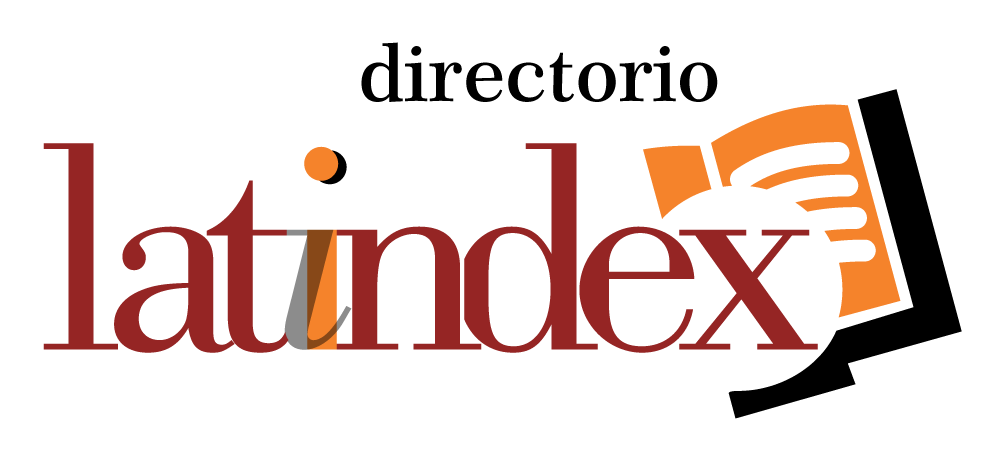Platform for learning programming and databases based on artificial intelligence
DOI:
https://doi.org/10.56294/ai202360Keywords:
education, programming, gamification, artificial intelligence, web applicationAbstract
This final degree project proposed the development of a gamified web platform to facilitate the initial learning of programming and databases using artificial intelligence. The proposal arose from the need for new teaching tools given the difficulties presented by traditional teaching methods. The objective was to create an application that teaches basic concepts in an interactive and entertaining way. To do this, an investigation was carried out to determine the main contents to be addressed. Then theoretical contents were defined and practical exercises were designed applying gamification techniques. Subsequently, a functional prototype was developed that contains the defined theoretical contents, implements the designed practical exercises, and integrates the artificial intelligence functionality to provide unlimited examples on each topic, correction and personalized feedback on the resolution of exercises performed by the student. The results obtained so far allow validating the usefulness and technical feasibility of the proposal.
References
1. Apache Software Foundation. Servidor HTTP Apache [Internet]. Disponible en: https://httpd.apache.org/
2. CODE COMBAT. CODE COMBAT [Internet]. Disponible en: https://codecombat.com/
3. CODE MONKEY. CODE MONKEY [Internet]. Disponible en: https://www.codemonkey.com/
4. Coddy Learning. Coddy Learning [Internet]. Disponible en: https://coddy.tech/
5. Consejo Profesional de Ciencias Informáticas de la Provincia de Buenos Aires. Honorarios recomendados [Internet]. 2022 [citado 2025 jun 27]. Disponible en: https://www.cpcipc.org.ar/honorarios-recomendados/
6. Materialize. Materialize [Internet]. Disponible en: https://materializecss.com
7. MIMO. MIMO [Internet]. Disponible en: https://mimo.org/
8. Ministerio de Educación. Competencias de educación digital [Internet]. 2017 [citado 2025 jun 27]. Disponible en: https://www.argentina.gob.ar/sites/default/files/competencias_de_educacion_digital_1.pdf
9. Ministerio de Educación. Programación y robótica: Objetivos de aprendizaje para la educación obligatoria [Internet]. 2017 [citado 2025 jun 27]. Disponible en: https://www.educ.ar/recursos/132339/programacion-y-robotica-objetivos-de-aprendizaje-para-la-educacion-obligatoria
10. Mozilla. CSS: Hojas de estilo en cascada [Internet]. 2022 [citado 2025 jun 27]. Disponible en: https://developer.mozilla.org/es/docs/Web/CSS
11. Mozilla. JavaScript [Internet]. 2022 [citado 2025 jun 27]. Disponible en: https://developer.mozilla.org/es/docs/Web/JavaScript
12. Mumuki. Mumuki [Internet]. Disponible en: https://mumuki.io/home/
13. MySQL. MySQL [Internet]. Disponible en: https://www.mysql.com/
14. Net Services Argentina. Web hosting [Internet]. Disponible en: https://netservicesargentina.com/web-hosting
15. PHP: Hypertext Preprocessor. PHP: Hypertext Preprocessor [Internet]. Disponible en: https://www.php.net/
16. OpenAI. Introduction to the OpenAI API [Internet]. 2023 [citado 2025 jun 27]. Disponible en: https://platform.openai.com/docs/introduction DOI: https://doi.org/10.1007/979-8-8688-0885-2_3
17. The PHP Group. ¿Qué es PHP? [Internet]. Disponible en: https://www.php.net/manual/en/intro-whatis.php
18. Udacity. Udacity [Internet]. Disponible en: https://www.udacity.com/
19. Linux Foundation. Linux Foundation [Internet]. Disponible en: https://www.linux.org/
20. World Wide Web Consortium (W3C). HTML5 differences from HTML4 [Internet]. 2014 [citado 2025 jun 27]. Disponible en: https://www.w3.org/TR/html5-diff/
Published
Issue
Section
License
Copyright (c) 2023 Martín Alejandro Gerlero (Author)

This work is licensed under a Creative Commons Attribution 4.0 International License.
The article is distributed under the Creative Commons Attribution 4.0 License. Unless otherwise stated, associated published material is distributed under the same licence.






